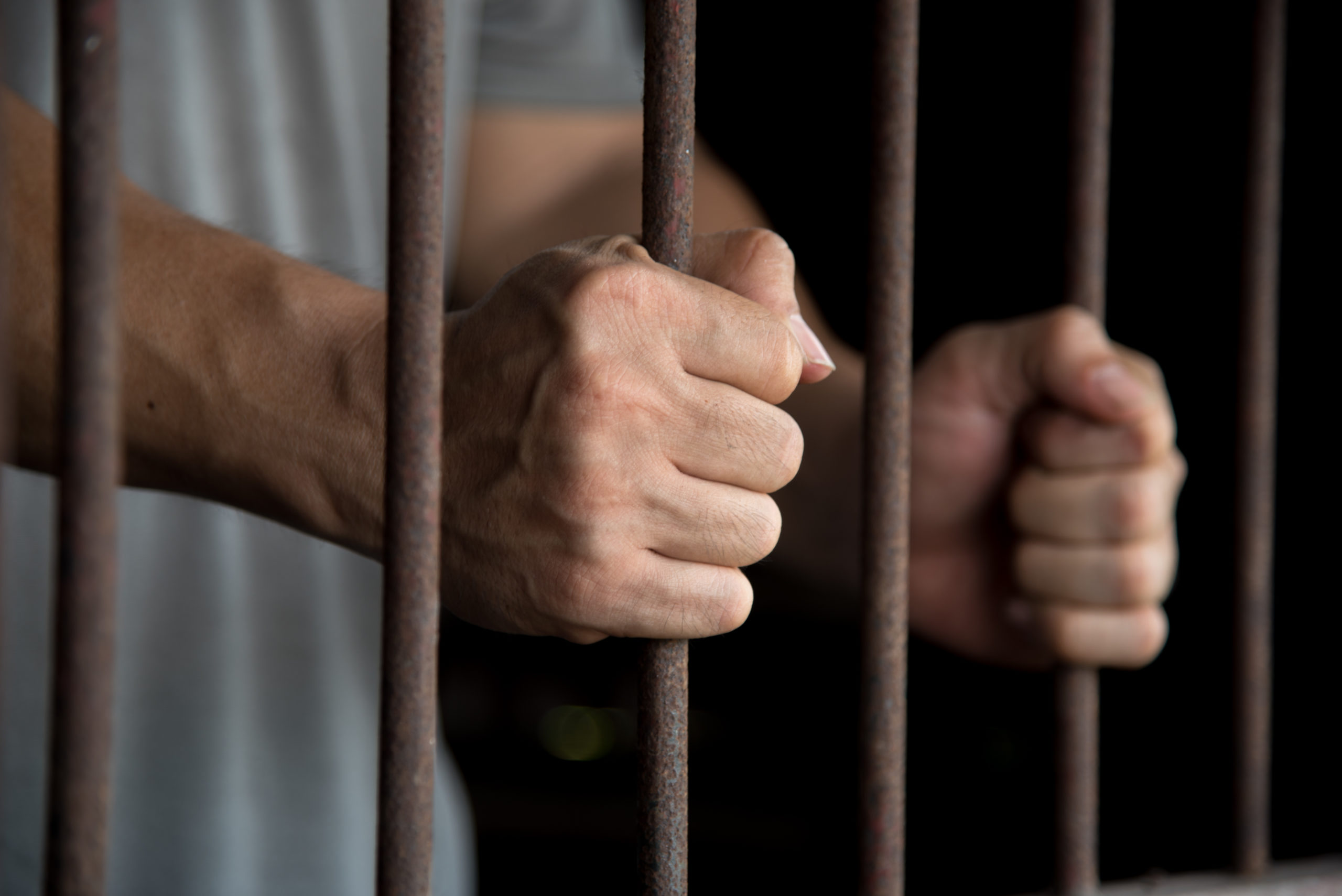We always keep our eye out for innovative sobriety tactics happening throughout the country. And this past week, Massachusetts made headlines for kicking off a revolutionary new recovery program within their prison system.
In partnership with the state’s Department of Corrections, local officials will now be offering opioid addiction treatments behind bars. Implementation began this week and will be offered to newly entered inmates.
In total, three medications will be provided; each with their own designated purpose. One will be used to ease withdrawal pains (as the abrupt cold turkey approach in prison can be difficult for many). Another hopes to block opioid cravings altogether. And the third, will be used to prevent overdoses in the instance that prisoners get their hands on narcotics.
Dr. Christian Price, director of addiction treatment at the local Brigham Hospital, was interviewed for a lengthy story published on The Boston Globe website.
“This is long overdue,” she explained. “A movement like this will address a lot of the racial inequalities in addiction treatment [within our prison system] and prevent the high mortality after release.”
Buprenorphine was the first med introduced into Massachusetts jails this week. If anyone entering their prisons was previously prescribed this withdrawal drug prior to their arrival, they will now be allowed to continue taking the medication.
Others, who were already in the system, are starting to get evaluated and may now be prescribed buprenorphine if they’re dealing with an extreme detox. There will be a hefty qualification process, though, to determine that it is being distributed to only those who really need it.
And just to prove this is serious business, the state has set aside over $2.2 million in funding to cover prison recovery initiatives from now until the end of the year. It has also hired a new company, Wellpath, to manage prisoner health and to oversee distribution of medications.
Wellpath spokesperson, Dr. Steven Descoteaux, talked with the press about the long term goals of the program. As he explained to The Globe, it’s a role that his company takes very seriously and one they’ve put a lot of thought into.
“This isn’t just about giving medication,” Descoteaux emphasized. “We want this to be a whole program, not just giving medication that makes people feel better.”
In our opinion, it is a step in a positive direction; especially when you consider the amount of addicted Americans behind bars. Let’s hope a program like this can lead to bigger changes nationwide.







